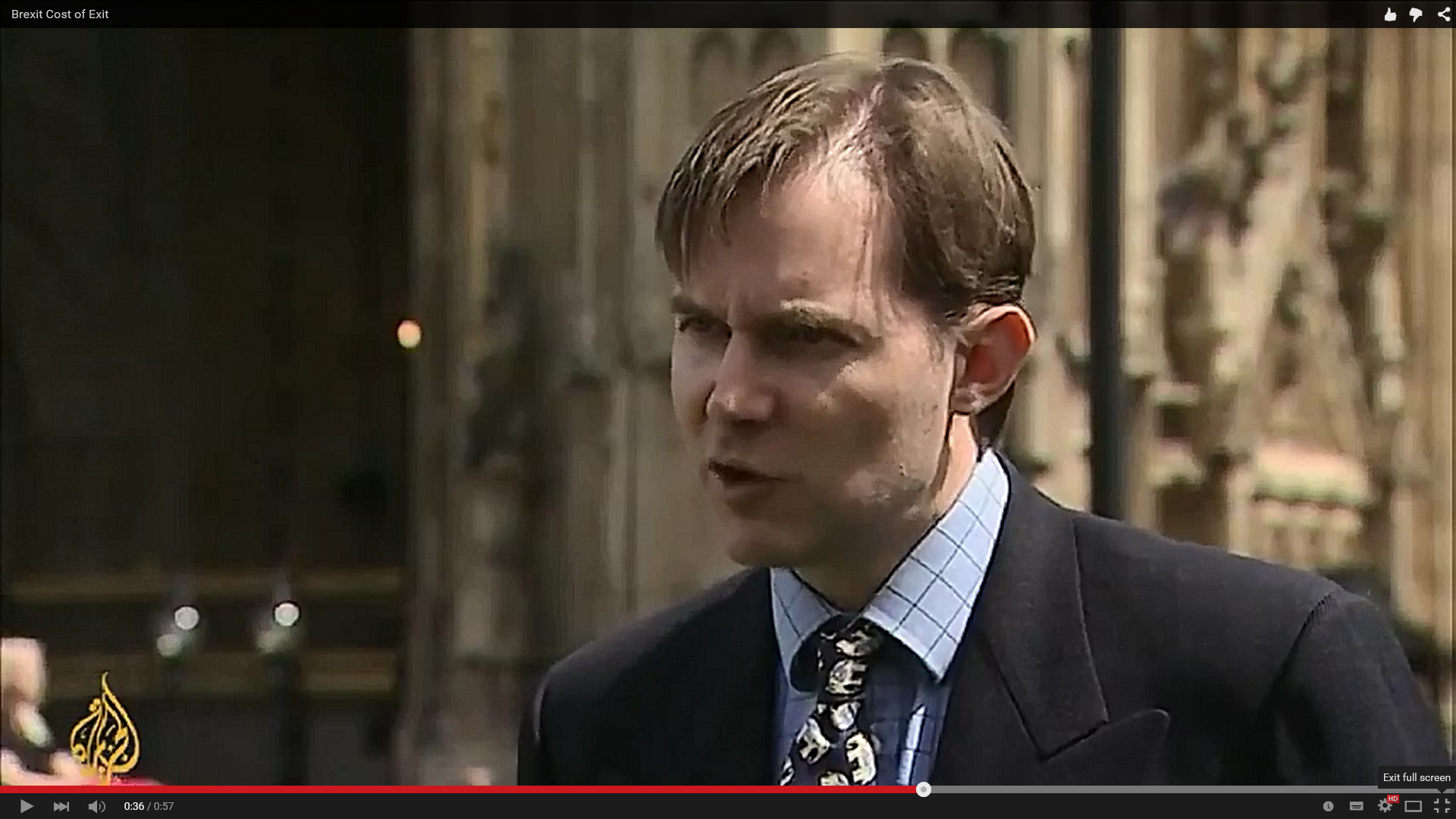The following article was published here
One of the more depressing statistics to come out of the Scottish independence referendum campaign was that 42 per cent of Scots said they would change their allegiance from the UK to independence for £1,000 a year. What price would you put on your national identity? Or alternatively, what price would you, or your fellow voters, pay to be in or out of the European Union?
Firstly, what would the economic cost or benefit of leaving the EU be? Determining a precise cost will never be an exact science, but using a powerful trade modelling tool, one used in fact by the European Commission – The Global Trade Analysis Project (GTAP) – Open Europe has run the numbers for a number of different scenarios.
- A worst case, where the UK leaves the EU and does not agree a continuity deal;
- Two scenarios where the UK agrees a continuity deal but in one uses its new freedom to deregulate and reduce trade protectionism and one where it does not;
- A ‘best’ case scenario where the UK strikes a good deal with the EU, deregulates, reduces protectionism opening up to cheaper imports from around the world, unilateral free trade.
Here are the results:
So what do the results mean? Well the Guardian and FT and even the Telegraph focused exclusively on the worst case scenario – it made a better headline. There were however four Brexit scenarios, two of which could be positive for the UK, surprisingly these gained less coverage. Here is how the model came to its results:
It is undeniable that leaving the EU would have a cost, but it also has potential benefits. The initial cost is highest in the ‘worst case’ scenario – (-2.76 per cent of GDP) – mostly because it is assumed that our current trading arrangement with the EU would not be replaced by any continuity trade deal.
Next, the EU budget saving on Brexit may not be the same in all scenarios; it could be less in the case of the two EU Free Trade Agreement, since it is assumed there could be a cost to EU market access in the way Switzerland and Norway are asked to contribute.
As well as the initial cost, the GTAP model also captures the potential upside to the UK having the freedom to reduce its import tariffs; cheaper food, textiles and components for UK companies would all make us more competitive. This upside to this comes in at 0.75 per cent of UK GDP (potentially higher if the UK secures preferential access to markets such as the US). In addition to the benefit of trade liberalisation the UK could also use its freedom to deregulate, removing costly EU regulation. In a maximalist position this could give a 1.3 per cent GDP boost, but the reality would undoubtedly be lower.
What is clear is that contrary to the doomsayers dire predictions, leaving the EU will not bring down a rain of frogs, but it will present tough choices. Freeing up trade would benefit the economy as a whole but could negatively affect protected sectors – agriculture and textiles for instance. Other sectors such as wholesale finance might lose out if a new deal does not include full access for banks to trade across borders. We looked at a number of major UK sectors in the report and found that each sector could react differently.
There is no definitive answer but assuming a mid-case scenario, where there is no dramatic shift to economic liberalism/deregulation, it is clear that it is possible to come close to a breakeven point. Is the answer zero?
Having come up with 42 as the answer “to life the universe and everything” Douglas Adams’ Deep Thought computer then had to reconsider the question? We should do likewise.
If your motive for leaving the EU is to push through large scale deregulation and trade liberalisation, it is probable the UK economy could do better than the current EU status quo. But that begs the question: will advocates of exit be able to win a domestic argument for deregulation and trade liberalisation having failed to do so within the EU. A Conservative Prime Minister Sir Robert Peel’s repeal of the corn laws in 1846 split the party in the process. Repealing the EU’s version of the corn laws would be less traumatic, but still a brave (if correct) choice.
The challenge to those who wish to make an economic argument for Brexit is not that it does not exist, but that it involves some difficult decisions. Deregulation and a reduction in trade protectionisms are not universally popular, or even universally popular among advocates of Brexit. Given that, will liberal advocates of Brexit dare to make the case?
If, however, your motivations are not economic but the desire to return decision making to the UK then the costs or benefits should not be an issue, it should be a matter of principle, but this group is not large enough to swing a referendum. So what price freedom?. In Scotland, it was £1,000.



